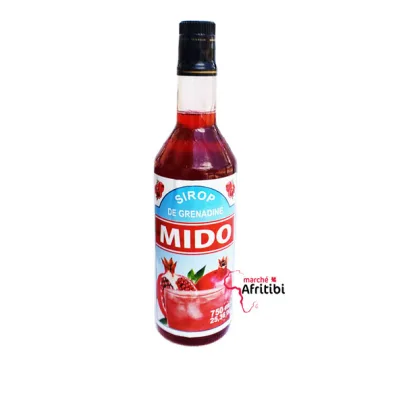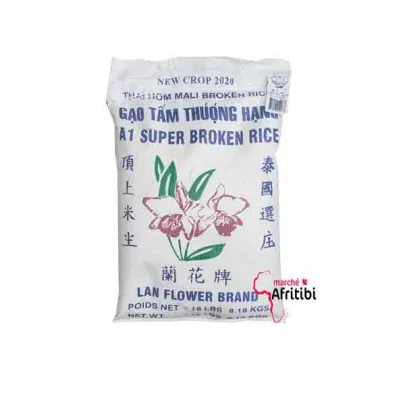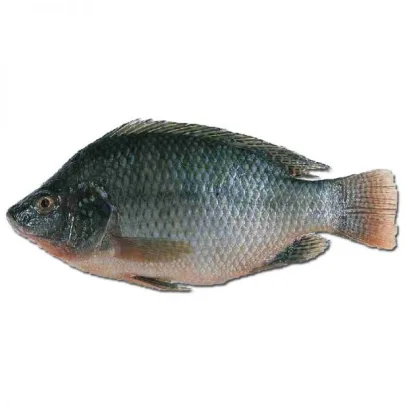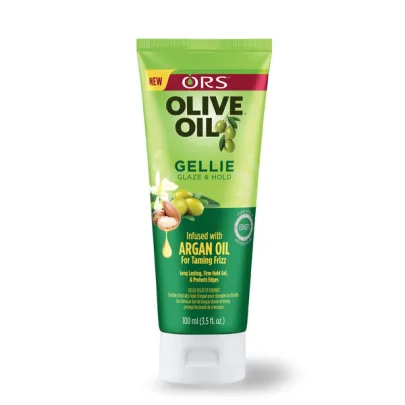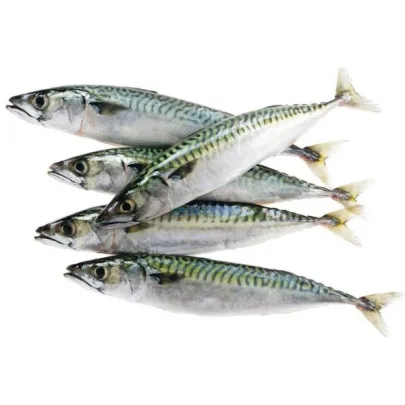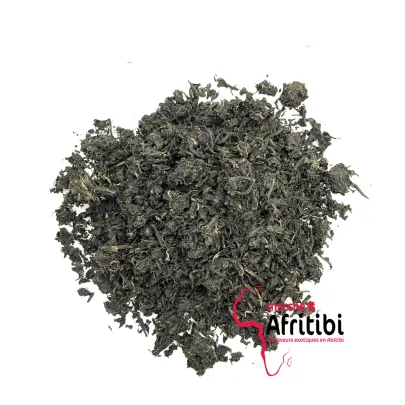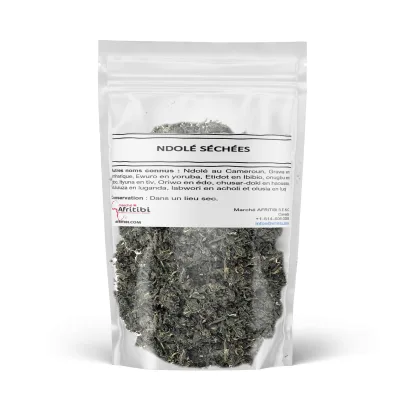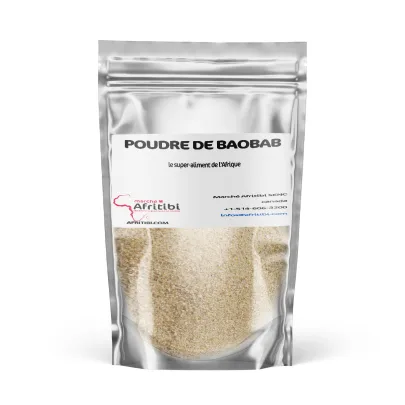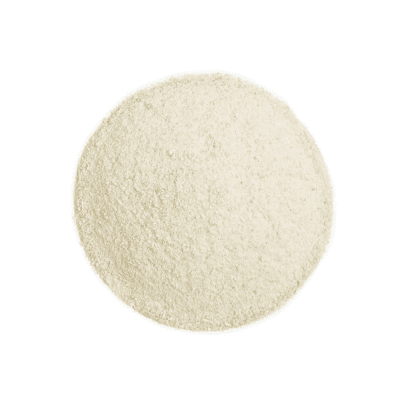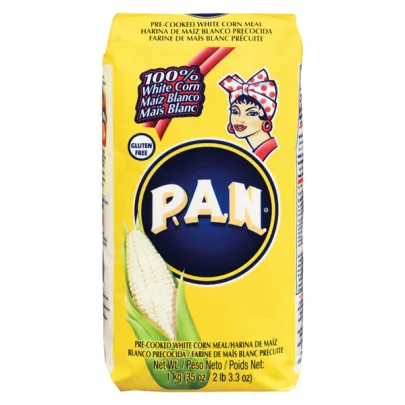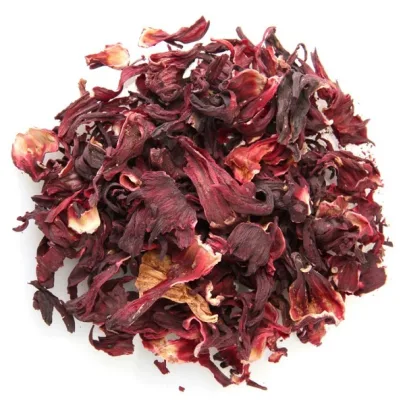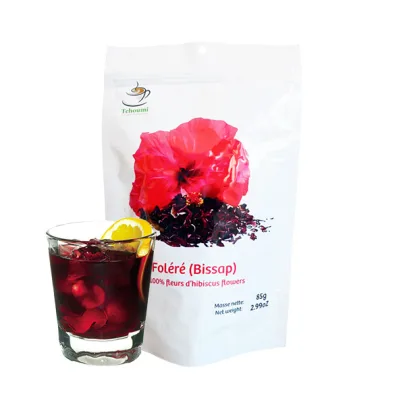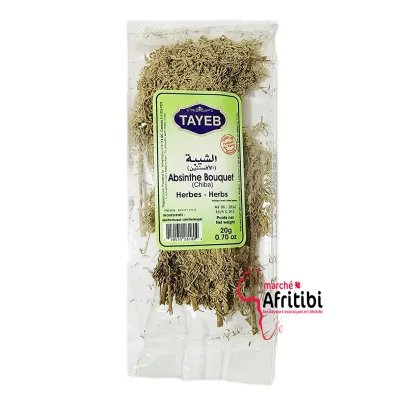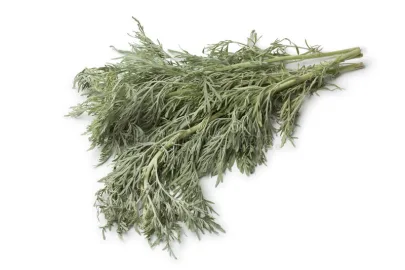Votre panier est vide.
MARCHÉ AFRITIBI
(Re)découvrez les milles & unes saveurs de l'Afrique au Canada
Bienvenue sur Afritibi, votre épicerie africaine en ligne de prédilection au Canada. Fondé avec la passion de rapprocher les saveurs, les couleurs et l’authenticité de l’Afrique des foyers canadiens, Afritibi se positionne comme un pont culturel entre l’Afrique et le Canada, incarnant à la fois un marché africain, une boutique africaine, et bien plus encore.
Notre magasin africain en ligne met à votre disposition une vaste sélection de produits africains de qualité, provenant du Nigéria, du Congo, du Cameroun, et d’une multitude d’autres pays africains.
Que vous soyez à la recherche de produits alimentaires pour garnir votre épicerie africaine personnelle, d’articles de mode pour ajouter une touche africaine à votre garde-robe ou de produits de beauté pour prendre soin de vous, le marché Afritibi est là pour répondre à tous vos besoins.

NOS PRODUITS EN VEDETTE
Au cœur du Marché Afritibi, votre épicerie africaine en ligne de choix, nous prenons à cœur de vous proposer une sélection exceptionnelle qui met en lumière non seulement nos produits populaires et nos meilleures ventes. Laissez-vous séduire par nos produits en vedette, véritables ambassadeurs de la richesse culturelle africaine, et soyez parmi les premiers à découvrir nos nouveautés, sélectionnées avec soin pour leur qualité et leur authenticité.
VIANDES & POISSONS AFRICAINS
Notre gamme comprend des classiques tels que le loup de mer et le bar commun, parfaits pour des repas familiaux ou des occasions spéciales. Les amateurs de grillades seront ravis par nos brochettes de suya, une spécialité ouest-africaine, tandis que le chinchard fumé et le crabe cru offrent des options uniques pour explorer la richesse culinaire africaine.
Pour ceux qui recherchent des saveurs plus traditionnelles, notre sélection inclut également des crevettes fumées et séchées (madjanga), des ecrevisses, et du hareng fumé, sans oublier les incontournables pattes de boeuf et d’agneau, disponibles en version congelée pour garantir leur fraîcheur.
Les poissons ne sont pas en reste, avec des options variées comme le mérou noir et rouge, le poisson capitaine, et le maquereau africain, connu sous le nom d’Oya-Oya. Et pour ceux qui privilégient la volaille, notre offre comprend du poulet à bouillir congelé, du poulet fumé au charbon de bois, et même des tripes d’agneau Halal pour satisfaire toutes les préférences.
FRUITS & LÉGUMINEUSES AFRICAINS
De l’arachide blanche crue, idéale pour vos recettes traditionnelles, aux bananes plantains, indispensables dans de nombreux plats africains, en passant par les feuilles d’Eru et de Ndole, essentielles pour concocter des mets délicieux, notre gamme est riche et variée. Nous proposons également des produits uniques comme les chips de banane plantain épicées, la farine d’arachide pour vos sauces, et le fruit du tamarin, parfait pour ajouter une touche d’exotisme à vos desserts.
Pour ceux qui apprécient les légumineuses, notre sélection inclut des haricots à œil noir (Koki) et de la poudre de baobab, parfaite pour enrichir vos plats de nutriments essentiels. Sans oublier les mangues séchées biologiques et la pulpe de fruits tropicaux congelée, pour une touche de douceur africaine.
ENVIE D'UN SNACK?
Avec des produits comme les Feuilles de Brick (Malsouka), idéales pour préparer des délices croustillants, les Mangues séchées biologiques pour une touche sucrée et saine, le Mélange Tswefap, un assortiment épicé pour les amateurs de sensations fortes, et les Sardines Titus à l’Huile Végétale épicées, parfaites pour agrémenter vos repas d’une saveur intense, notre gamme de snacks africains saura satisfaire toutes vos envies gourmandes. Nous avons également à disposition une gamme d’ustensiles pour compléter l’expérience culinaire africaine,
CÉRÉALES & FÉCULENTS AFRICAINS
De l’Attiéké ivoirien au Bobolo camerounais, en passant par les incontournables Brisures de riz au jasmin et la Farine de manioc, notre gamme offre une variété de produits essentiels pour recréer les plats traditionnels africains.
Que vous soyez à la recherche de grains spécifiques comme le Fonio, de féculents comme le Manioc frais ou de bases pour vos plats comme le Couscous et les différentes Semoules de blé, Afritibi est votre destination pour retrouver les goûts authentiques de l’Afrique.
ÉPICES & CONDIMENTS AFRICAINS
De l’unique 4 côtés, connu pour ses propriétés aromatiques exceptionnelles, à l’incontournable Arôme Maggi qui relève n’importe quelle recette, en passant par le Cube Maggi et le Bouillon Cube Jumbo pour des bases de soupe riches en goût, notre gamme est pensée pour satisfaire les palais les plus exigeants.
Nous proposons également des spécialités moins connues mais tout aussi fascinantes, telles que l’Épices du Nkui, le Pèbè (Noix de Muscade du Gabon), et le Poivre Blanc de Penja, réputé pour sa saveur unique. Sans oublier les indispensables comme le Double Concentré de Tomate, l’Eau de Fleur D’oranger, et l’Eau de Rose pour parfumer délicatement vos plats.
THÉS & BOISSONS AFRICAINS
De l’Absinthe du Maroc aux infusions de Menthe et de Verveine, en passant par le rafraîchissant Hawai Tropical et le traditionnel Thé Vert Gunpowder, notre gamme répond à toutes les envies. Découvrez des boissons uniques comme le Concentré de gingembre sans sucre et la Malta Créole pour des moments de dégustation riches en goût.
Nous avons aussi une gamme d’Arômes et d’huiles africaines !
PRODUITS HALAL AFRICAINS
Explorez notre sélection de “Produits Halal Certifiés” sur Afritibi, offrant une variété de viandes et de poissons conformes aux exigences halal. Cette gamme est spécialement conçue pour nos clients recherchant des options de viande halal de qualité. Découvrez nos Pattes de Mouton Halal congelées, les Sardines Titus épicées, les Tripes d’agneau Halal, la Viande de bœuf hachée maigre Halal, et la Viande de chèvre avec os, toutes rigoureusement sélectionnées pour garantir le respect des principes halal. Afritibi s’engage à fournir des produits halal certifiés pour accompagner vos repas avec authenticité et qualité.
VOUS ÊTES À LA RECHERCHE DE CERTAINS PRODUITS AFRICAINS SPÉCIFIQUES?
Nous nous efforcerons de remuer ciel & terre pour les dénicher.
BEAUTÉ & COSMÉTIQUE
Explorez notre sélection “Beauté et Cosmétique” sur Afritibi, offrant tout le nécessaire pour le soin des cheveux et de la peau. Avec des produits phares comme les défrisants sans soude enrichis à l’huile d’olive, le savon noir Dudu Osun pour un nettoyage profond, et des solutions de coiffage comme la gelée fixante ORS, notre gamme répond à vos besoins de beauté avec qualité et efficacité. Pour une routine beauté complète, découvrez également nos savons enrichis et nos accessoires pour cheveux.


